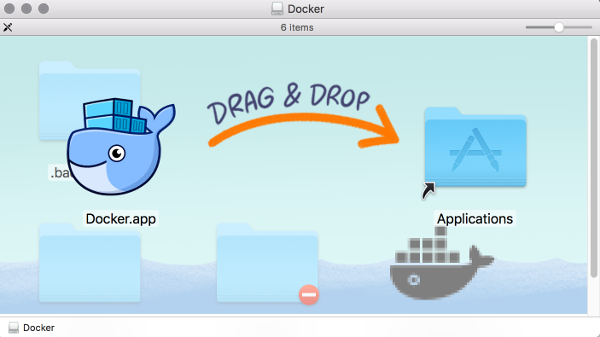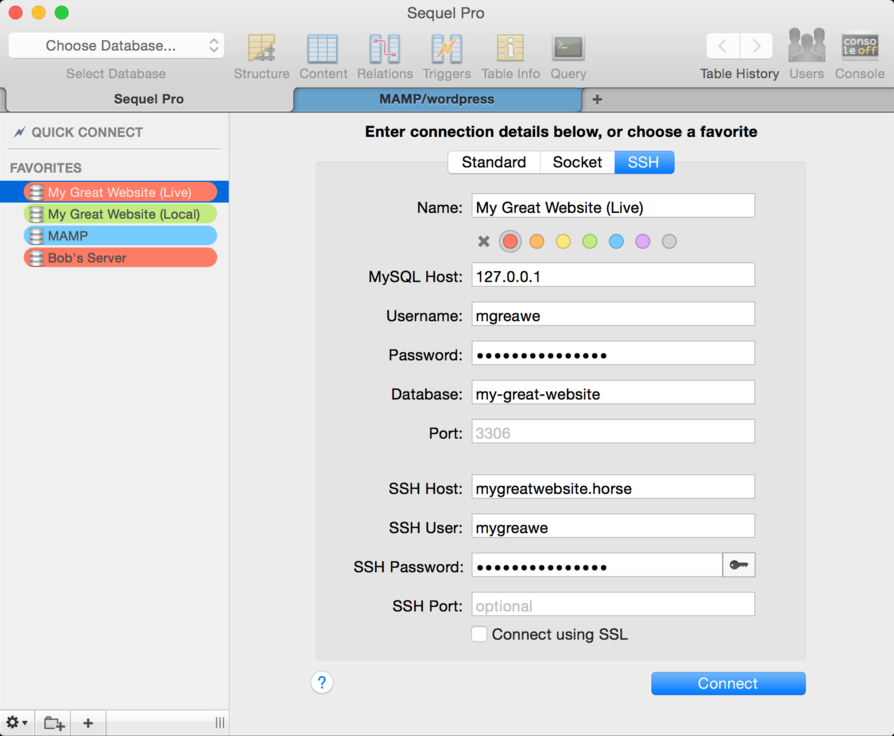

As mentioned earlier, all database tools do not fix all problems, so pick the one that addresses your specific problem.įor example, if you have a problem related to database fragmentation, you should look at tools that offer remediation in that area. It’s also possible that you anticipate the occurrence of such a problem and want to proactively monitor your database to avoid it.Įither way, you want to solve a specific problem and this is the most important requirement when evaluating the different tools. In the most common scenario, you are researching for the right database tool because you have encountered a specific problem or situation and want to remedy it. Here are the main points that you have to consider when looking for a database tool. With so many database tools out there, choosing the right tool can be overwhelming, to say the least. Each of these tools performs a specific task and not all the admin tasks, and this is why you may need more than one tool, depending on the task on hand. Database toolsĭatabase tools is a broad term that encompasses all the tools, utilities, and assistants that come in handy for performing the different database administration tasks. They measure the different aspects of the database as well as the applications that run on it to improve response time and efficiency while also reducing downtime. As a system admin, staying on top of the health and performance of this critical resource is a high priority, as even a less-than-optimal performance can have a big impact on your business.īut doing it manually is tedious and highly error-prone and this is why there are many automated tools that give a quick insight into the functionality and performance of your databases. You can query, sort, and manipulate data within seconds, and this is what makes the database a central piece of every organization’s IT landscape. At the heart of it all is the need for a secure place to store all this data so you can analyze it and glean business insights for actionable decisions.Ī database is a secure place that makes it easy to store data in an organized way. If you like PSequel, please report bugs and/or help spread the word.Data is an integral part of today’s digital world and it is also a big source of wealth for organizations as they use it to learn more about customers, their preferences, trends, and so much more.

How do I support the development of PSequel? If you don't have a Github account, you could report bugs here.

Please include your macOS, PostgreSQL and PSequel versions when reporting a bug. If you are reporting multiple bugs or suggesting multiple features, please create separate issues for each bug/feature. Please try not to create duplicate issues. How do I report bugs or suggest new features? If you think a feature is important, please let me know and I'll adjust its priority based on its popularity. My plan to implement most features in Sequel Pro. By supporting macOS 10.10+ only, I can keep the codebase simpler and save time by not testing it in older versions of macOS. I am developing PSequel in my spare time. No, PSequel is written from scratch in Swift 2, although PSequel's UI is highly inspired by Sequel Pro. Is PSequel a forked version of Sequel Pro? There is no plan to open source it at this moment. I just dislike Java desktop apps personally. I am a Java developer myself and I like JVM a lot. In the good old MySQL world, my favorite client is Sequel Pro, but its support for PostgreSQL doesn't seem to be happening. However, they are either web-based, Java-based * or don't support the features I want. I know there is a list of PostgreSQL GUI Tools.

However, I found its UI is clumsy and complicated. Well, pgAdmin is great for its feature-richness. FAQ Why yet another PostgreSQL GUI client? Why not just pgAdmin?


 0 kommentar(er)
0 kommentar(er)
